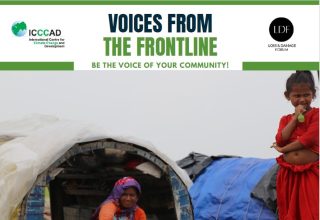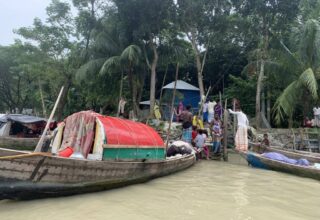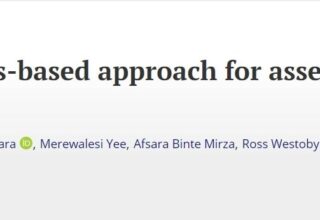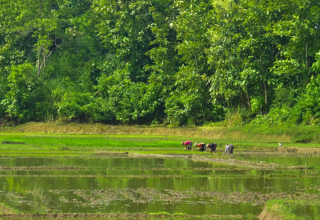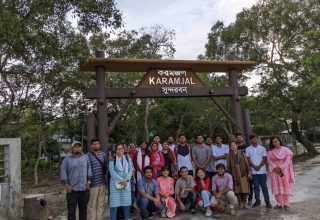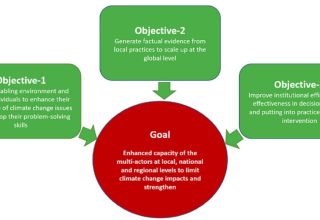The Paris Agreement to tackle climate change which was achieved at the 21st Conference of Parties in Paris, France last December has been ratified by well over fifty-five countries accounting for over 55% of global emissions (the two thresholds that need to be achieved for the agreement to go into force as international law). It thus went into force on 4th November less than a year after it was agreed in Paris. This is record speed for an international agreement (in contrast the previous Kyoto Protocol took five years to come into force). This shows the political momentum from Paris is still very much alive and hopefully will galvanise action to implement Paris Agreement at COP22 starting in Marrakech, Morocco on 7th November.
Unlike the previous Kyoto Protocol, the Paris Agreement is a universal agreement in which all countries, both rich as well as poor, have promised to take actions to both reduce emissions by mitigation as well as adapt to the adverse impacts of climate change which are already happening. This means that reaching the long-term temperature goal of 1.5 Degrees which was the major achievement of the vulnerable countries in Paris, is now the responsibility of each and every country to set itself the most ambitious greenhouse gas emission reduction targets.
Unfortunately, the current level of country commitments when added all up will take us to well above 2 Degrees so everyone will have to do more if we want to go down to 1.5 Degrees.
Thus COP22 will be successful if all countries agree to revisit their own emission reduction targets by 2018 when next review will take place.
Another important decision to be taken in Marrakech will be on Loss and Damage which is also an issue of concern to the vulnerable developing countries such as Bangladesh. At COP19 in 2013 in Warsaw, Poland an agreement was reached to set up the Warsaw International Mechanism on Loss and Damage with an Executive Committee of twenty members. Bangladesh was selected to be one of the ten from developing countries. The committee has been meeting since then and will present their report and recommendations to COP22. This topic is a highly politically sensitive one and it is expected that there will be heated debate around it, but it is to be hoped that a final decision will be reached that everyone can agree on by the end of the COP.
Finally, the issue of finance is a perennial sticking point at every COP and this one is no exception. For the vulnerable countries, like Bangladesh, the issue is about delivering the promised funding from the developed countries to the most vulnerable developing countries to help them adapt to the adverse impacts of climate change which they are already facing. This issue does not require a new decision in COP22 but rather the developed Countries need to agree on ensuring that money that has been promised in previous COPs is actually delivered and also that it reaches the most vulnerable. At the moment the funds are flowing at a trickle and this needs to be speeded up considerably.
Originally this article was published on Monday November 07, 2016 at DhakaTribune. The author Dr. Saleemul Huq is the director of the International Centre for Climate Change and Development (ICCCAD) at the Independent University, Bangladesh (IUB).
Email:
saleemul.huq@iied.org

